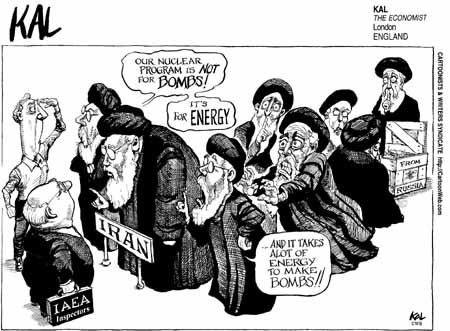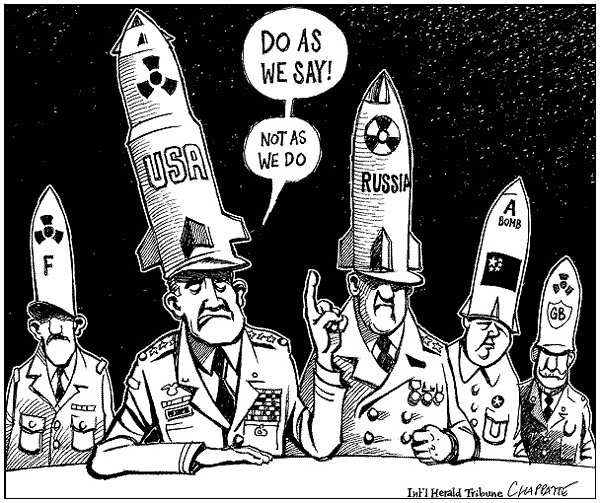
As we discussed romanticism in American Studies, I immediately thought back to my junior theme. For my junior theme paper, I read
Cold Mountain, by Charles Frazier, and
The Killer Angels, by Michael Shaara. These stories are both novels about the American Civil War. I knew I had to figure out the connection these two stories make in order to produce a thesis for my paper. I noticed both were told through the eyes of individual characters (both fictional and nonfictional) and there seemed to be a common theme of negativity towards the terrible causes and effects of the war. I could not think of the deeper connection these two novels possess, but finally had my epiphany while doing some research. I came across a website that brought me to President Dwight Eisenhower's speech about the Civil War on its 100th year anniversary in 1963. In his speech, as I realized most contemporary speeches do, solely speak of the pride, inspiration, honor, and even beauty of the American Civil War:
"Both sections of our now magnificently reunited country sent into their armies men who became soldiers as good as any who ever fought under any flag. Military history records nothing finer than the courage and spirit displayed at such battles as Chickamauga, Antietam, Kennesaw Mountain, and Gettysburg. That America could produce men so valiant and so enduring is a matter for deep and abiding pride" (Eisenhower).
In the past, I never would have thought twice about President Eisenhower's words and what this war means to our country. After reading my two junior theme books, however, this war cannot be glorified as a "romantic war" for America today, but as a tragic experience for the individual citizens/soldiers back then. I now made a distinct connection between the two novels; both describe the war through the eyes of the individual, and we are able to uncover the truth behind the "glory." We discover the fictional pride and concoction of a war of false romanticism. Eisenhower represents Americans' modern day views of the war very well, as he mentions how proud and glorious some of the major battles were.
In
The Killer Angels, however, we are able to see the "pride" firsthand of the fighting itself. Shaara uses evidence of real soldiers during the Battle of Gettysburgh to show how destructive and traumatic the scene was. Friends and foe dying everywhere, blood filling the battlefield, and total fear filling the air.
In
Cold Mountain, Frazier describes a different part of the war as we are able to understand the feelings of a soldier who is away from the battlefield and traveling home, as well as the experience of his lover who is a female back on a farm. During this soldier's voyage home, he constantly describes how horrific and pointless the war is and he must face the challenges of the world falling apart around him due to the war.
Through the eyes of the individual, a whole new idea of the American Civil War is recognized through these novels, and this war of pride suddenly becomes a war of false romanticism.
The war definitely changed our country in many ways and allowed us to become the great nation we are today, but one cannot look back at the Civil War and call it romantic, honorable, nor glorious; it was a war, nevertheless, where more Americans were killed than in any other war, and it would be unjust to the people of that time to describe their experience as romantic. Through the individual, we see truth.
Eisenhower Speech:
I would urge in all our commemorations of the Civil War centennial, that we look on this great struggle not merely as a set of military operations, but as a period in our history in which the times called for extra-ordinary degrees of patriotism and heroism on the part of the men and women of both the north and the south. In this context we may derive inspiration from their deeds to renew our dedication to the task which yet confronts us - the furtherance, together with other free nations of the world, of the freedom and dignity of man and the building of a just and lasting peace.
The years 1961 to 1965 will mark the one-hundredth anniversary of the American Civil War. That war was America's most tragic experience. But like most truly great tragedies, it carries with it an enduring lesson and a profound inspiration. It was a demonstration of heroism and sacrifice by men and women of both sides who valued principle above life itself and whose devotion to duty is a part of our nation's noblest tradition.
Both sections of our now magnificently reunited country sent into their armies men who became soldiers as good as any who ever fought under any flag. Military history records nothing finer than the courage and spirit displayed at such battles as Chickamauga, Antietam, Kennesaw Mountain, and Gettysburg. That America could produce men so valiant and so enduring is a matter for deep and abiding pride.
The same spirit on the part of the people at home supported and strengthened those soldiers through four years of great trial. That a nation which contained hardly more than thirty million people, north and south together, could sustain six hundred thousand deaths without faltering is a lasting testimonial to something unconquerable in the American spirit. And that a transcending sense of unity and larger common purpose could, in the end, cause the men and women who had suffered so greatly to close ranks once the contest ended and to go on together to build a greater, freer, and happier America must be a source of inspiration as long as our country may last.
source:
http://www.eisenhowermemorial.org/speeches/19630905%20True%20Meaning%20of%20Civil%20War.htm













